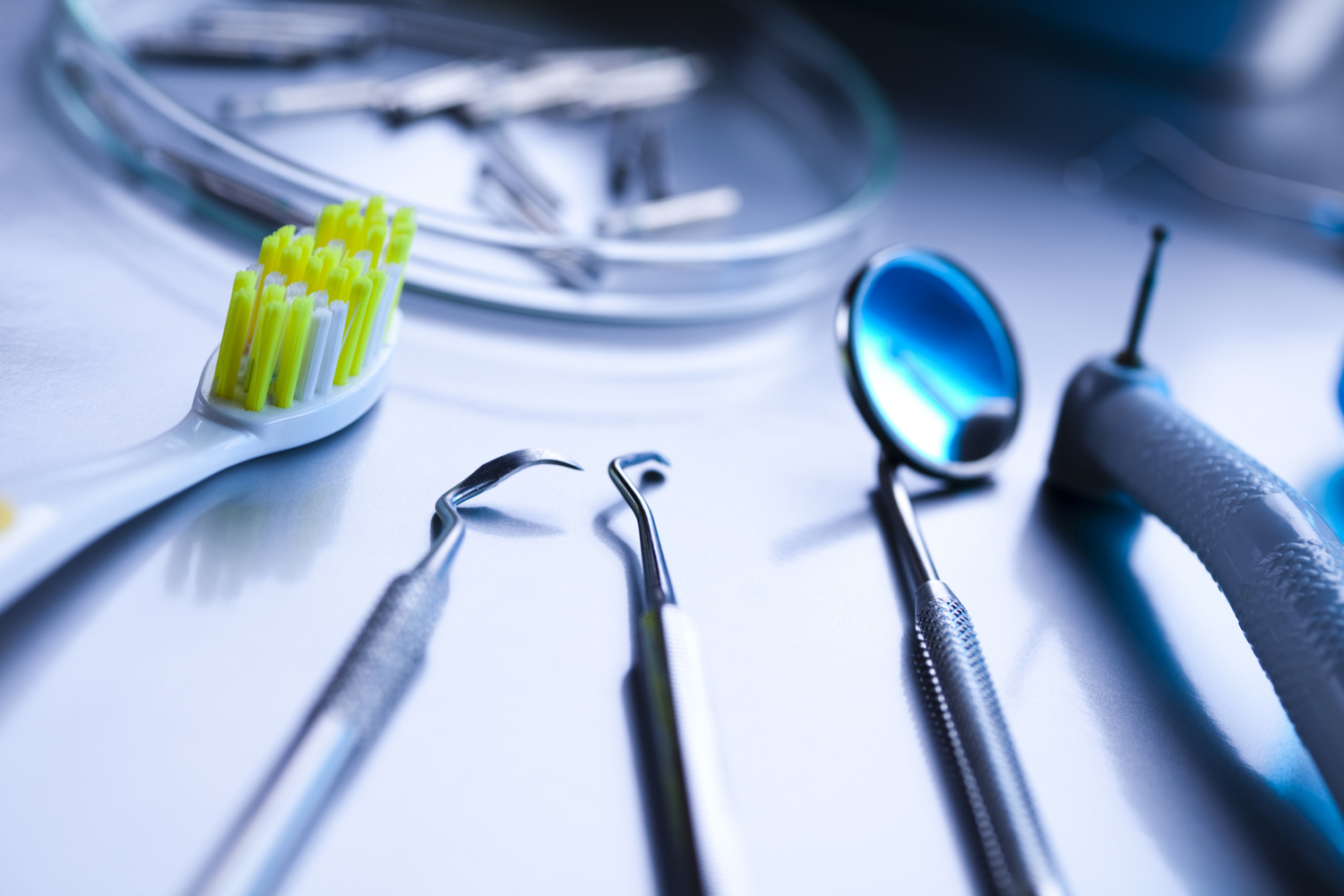1. Comprehensive Examination and Diagnosis:
A thorough examination, including clinical assessments, imaging (X-rays, CT scans), and analysis of the patient's dental and medical history, is conducted to identify existing problems and determine the optimal treatment plan.
2. Treatment Planning:
Based on the examination findings, the dentist or a team of dental specialists develops a personalized treatment plan that addresses each dental issue comprehensively. This may involve multiple procedures performed in a specific sequence.
3. Common Procedures Involved:
- Dental Implants: For replacing missing teeth and providing a stable foundation for restorations.
- Crowns and Bridges: To restore damaged or decayed teeth and bridge gaps between missing teeth.
- Veneers and Bonding: For improving the appearance of front teeth and addressing cosmetic concerns.
- Orthodontic Treatment: In some cases, orthodontic interventions may be needed to correct bite issues or misalignments.
- Gum Contouring: To reshape the gums and enhance the overall aesthetics of the smile.
- TMJ (Temporomandibular Joint) Treatment: If there are issues with the jaw joint that need to be addressed.
- Full or Partial Dentures: In cases where extensive tooth loss requires a removable prosthetic solution.
4. Phases of Treatment:
Full mouth rehabilitation is often performed in phases, addressing urgent issues first, such as infection or pain, before moving on to more aesthetic or elective procedures.
5. Sedation and Comfort:
Given the extensive nature of the procedures involved, many patients may receive sedation to ensure comfort during treatment. This could range from conscious sedation to general anesthesia, depending on the complexity of the case.
6. Aftercare and Maintenance:
Once the full mouth rehabilitation is complete, patients are provided with instructions on aftercare and maintenance. Regular dental check-ups and good oral hygiene practices are crucial to sustaining the results.
7. Duration and Cost:
The duration of full mouth rehabilitation varies based on the complexity of the case. Similarly, the cost depends on the specific procedures required. It's essential for patients to have a clear understanding of the treatment timeline and financial aspects.
Full mouth rehabilitation is a transformative process that not only addresses functional and health concerns but also enhances the overall aesthetic appearance of the smile. Collaboration between the patient and the dental team is crucial for the success of the rehabilitation process. Patients considering full mouth rehabilitation should consult with a skilled and experienced dentist or a team of specialists to discuss their specific needs and treatment options.


